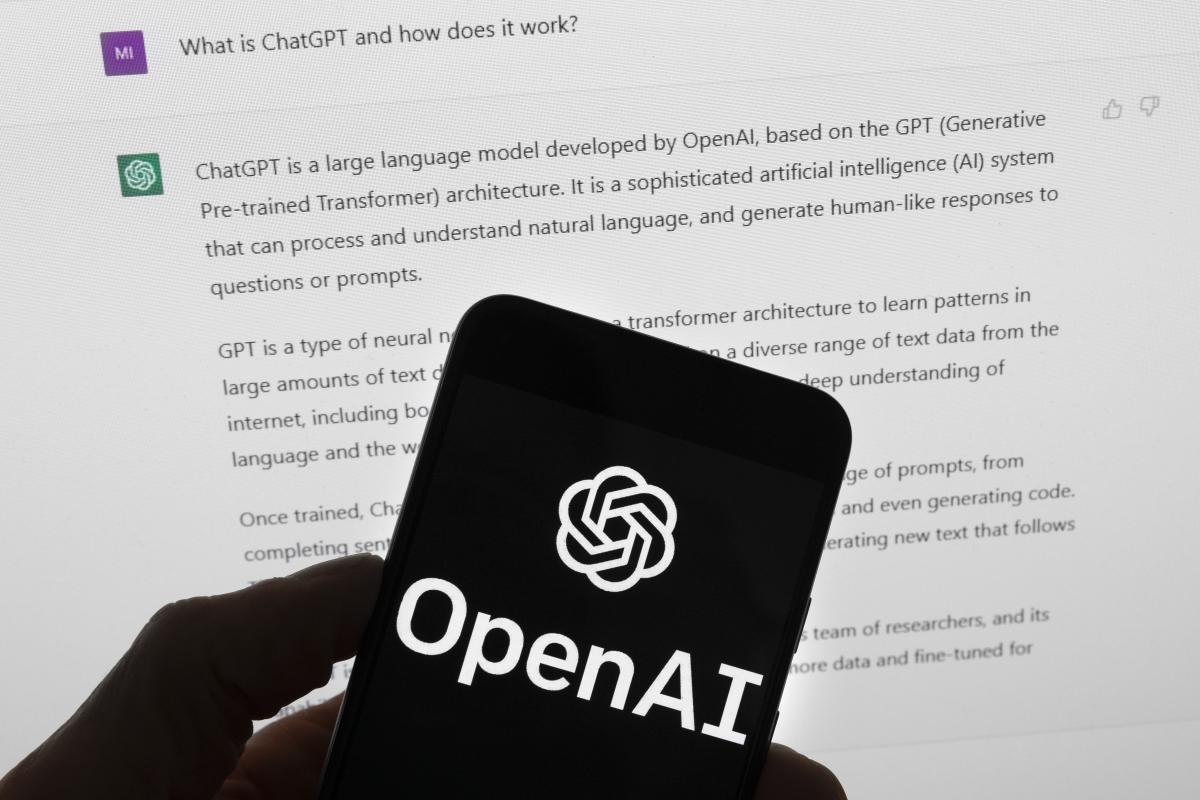OpenAI, the creators of ChatGPT, have recently entered the voice assistant market with their new Voice Engine technology. This technology has the ability to clone a person’s voice using just 15 seconds of recording and has potential applications in various industries.
While OpenAI has shown off the capabilities of its Voice Engine, the company has decided not to release it to the public at this time due to concerns about its potential misuse. The company recognizes the risks associated with generating speech that sounds like people’s voices, particularly in sensitive contexts such as elections.
There are already some startup companies that offer voice-cloning technology to the public or select business customers like entertainment studios. OpenAI has set strict guidelines for early Voice Engine testers, requiring them to obtain consent before impersonating someone and disclose that the voice is AI-generated.
In addition to Voice Engine, OpenAI has also filed a trademark application indicating its interest in speech recognition and digital voice assistant technologies. By expanding its offerings in this area, OpenAI could potentially compete with established voice products like Amazon’s Alexa in the future. This move highlights OpenAI’s commitment to developing cutting-edge technologies while prioritizing ethical considerations.



